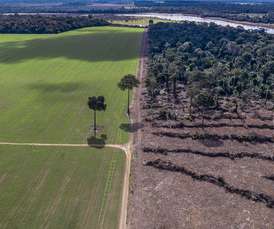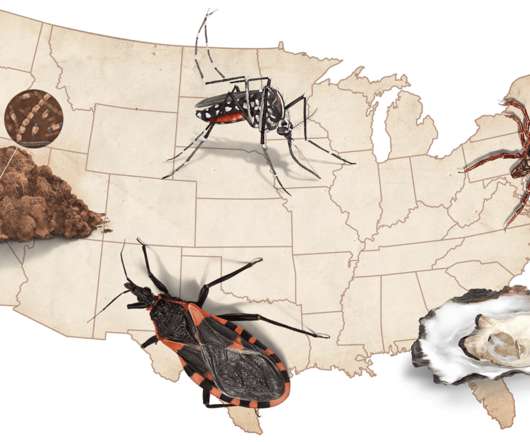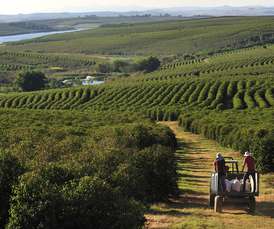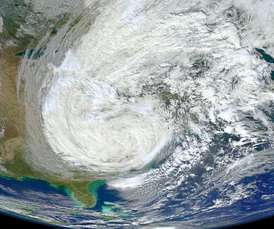Nonprofit plants 80,000 trees in Kenya and Rwanda
AGreenLiving
MARCH 30, 2020
The name of global environmental charity One Tree Planted seems excessively modest now, as they’ve just finished planting 80,000 trees in Africa. This program fits in with a country-led effort to restore 100 million hectares of land in Africa by 2030. Rwanda got 60,000 new trees, and Kenya got 20,000. In 2018, the nonprofit planted 1.3

















Let's personalize your content